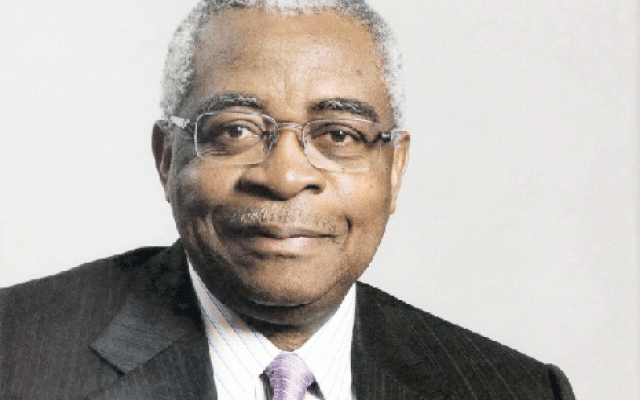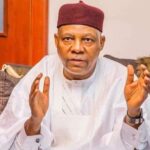On October 2, the United Nations Office for the Coordination of Humanitarian Affairs (OCHA) hosted a workshop on the 2019-2021 Humanitarian Response Plan. The workshop which held at Rockview Royale Hotel brought together representatives of federal government, state government, donor community, Civil Society Organisations and international development organisations. Also present at the event were the Presidential Committee on the North East Initiative (PCNI) and the Ministry of Budget and National Planning both representing the federal government. The purpose of workshop was to discuss the strategic objectives of the plan, the numbers of people in need and people targeted for the new humanitarian response plan which is a multi-year plan from 2019-2021.
The various sector actors made presentations on the Humanitarian Response Plan and fielded feedback from participants. Partners highlighted protection as a major concern and it was emphasised that the issue in the Lake Chad basin is a “protection crisis”, echoing feedback from the ‘Oslo 2’ conference in Berlin. There was a consensus that protection needs to be mainstreamed in all sectors of intervention and it was noted that not enough proposals to fund protection projects have been submitted for funding although proposals for CSO capacity building for which $1.5 million has been earmarked are welcome. Partners drew attention to issues of access, visas and importation of materials as major challenges to their operations. The participants also called for improvements in Civilian – Military coordination and regular strategic level engagements to discuss issues with the senior leadership of the lead federal actors, PCNI and Ministry of Budget and National Planning.
While the representatives of state governments expressed concern about the coordination of various ongoing intervention programmes, it was emphasised that the coordination is to be driven by the state and local authorities. Partners noted that in many local government areas, the level of governmental presence is too low, with significant institutional deficits and too few state actors on the ground for the partners to engage with. The state governments also called for more long-term interventions with concentrated investments in infrastructure and human capacity development, with in-built structures that guarantee sustainability.
It was agreed that the humanitarian-development nexus needs to be incorporated in the 2019-2021 Humanitarian Response Plan, and a clear and comprehensive synergy between both dimensions needs to be reflected in the HRP for its success. In terms of positive trends, the workshop recognized that notable improvements have been registered. For example, an improvement in data collection and analysis has led to greater accuracy in the numbers and projections that guide planning and operations. Significantly, the total number of people in need has dropped by 8% from last year to 7.1million while targeted assistance to 6.2 million which is 2% up from last year due to the arrival of people from hard to reach areas in need of aid. Reflecting the strategic emphasis and consensus among partners on the recovery phase, there will be a gradual transition over the next three years from humanitarian assistance to development, with significant scale down of the former post 2021. The first draft of the HRP will be ready for review between 5-9 November with the final draft to be presented for endorsement on 28th November, and the global launch scheduled for the first week of December.

 Join Daily Trust WhatsApp Community For Quick Access To News and Happenings Around You.
Join Daily Trust WhatsApp Community For Quick Access To News and Happenings Around You.


